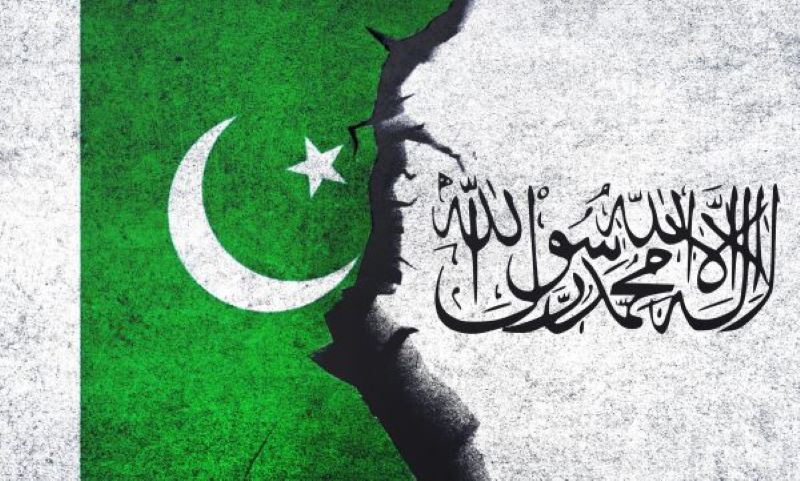The relationship between Pakistan and Afghanistan stands at a crucial juncture, influenced by an interplay of historical ties, geographical proximity, and shared challenges. Against the backdrop of Afghanistan’s protracted history of conflict and instability, achieving lasting peace in the region remains a formidable challenge. As both nations grapple with internal and external pressures, the imperative for closer cooperation and regional engagement has never been more pronounced.
Pakistan, burdened with hosting millions of Afghan refugees and facing its own set of economic and security challenges, recognizes the need for a nuanced approach towards its neighbor. The recent rise of the Taliban in Afghanistan, while presenting a shift in the political landscape, has not alleviated the underlying humanitarian crisis or the threat posed by terrorist groups operating within Afghan borders. The country still hosts over 20 terrorist groups. Pakistan, already burdened with hosting millions of refugees over decades, faces additional challenges, including a weak economy, political instability, threats from the TTP and IS-K, and a two-front situation with India.
However, the future of Pakistan-Afghanistan relations is not solely determined by bilateral dynamics. The influence of major powers and regional actors, who continue to view Afghanistan from competing angles, adds another layer of complexity. Even after withdrawing from the country, the US is heavily invested in Afghanistan, with hundreds of advisers still in the country. It is refocusing on Afghanistan from a security prism. Russia is showing renewed interest in the country it invaded in 1979, and China is steadily enhancing economic cooperation with the Taliban government.
Meanwhile, neighboring countries such as Iran and the Central Asian Republics seek to leverage Afghanistan for their own strategic objectives. India is working to regain leverage, this time with the Taliban government, to facilitate its agenda to keep Pakistan destabilized and to convince Afghanistan to counterbalance Pakistan. Iran remains wary of terrorist threats along its eastern border while building networks for transit trade to Central Asia.
At present, bilateral ties between Pakistan and Afghanistan are at a low ebb, exacerbated by terrorist attacks emanating from Afghan soil and the repatriation of Afghan refugees by Pakistan.
The future of relations between Pakistan and Afghanistan depends on how the two countries manage their bilateral ties and rebuild trust. Pakistan had hoped relations would improve under the Taliban government; however, terrorist attacks by TTP operating from safe havens in Afghanistan have severely damaged trust. Bilateral relations are at an all-time low not seen since the Karzai era.
To move forward, Pakistan and Afghanistan must increase cooperation in critical areas, engage in high-level dialogue to address mutual concerns including terrorism, trade, security and pursue regional solutions while balancing external interests. Rebuilding interdependence and trust between neighbors is essential to harnessing their potential and ensuring long-term peace and prosperity in the region.
Estranged relations will only undermine the national interests of both countries. To gain domestic and international recognition, the Taliban government should uphold human rights and international norms.
Moreover, the responsibility for Afghanistan’s development and governance lies primarily with its government and people, with external assistance serving as a complement rather than a replacement. They should adopt a trade-for-security approach to promote inclusive economic growth instead of continuing a war economy. Afghanistan can pave the way towards a more stable and prosperous future.
As Pakistan and Afghanistan navigate the road ahead, rebuilding trust, fostering dialogue, and pursuing regional solutions are essential steps towards harnessing the potential of both nations and ensuring long-term peace and prosperity in the region.


